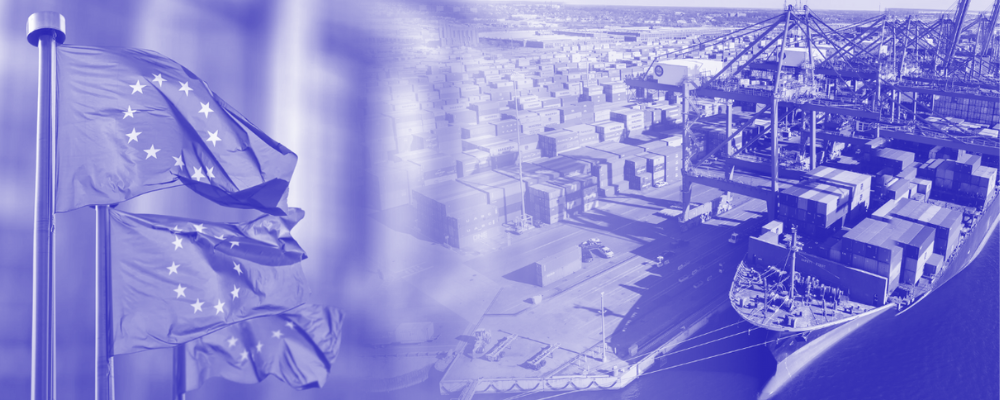The United States has undergone a dramatic change in its approach to global trade in recent years. The protectionist measures introduced by Donald Trump during his first term have not only been sustained in subsequent years but have gained new momentum with his return to the White House, which poses a major challenge for Europe and thus also for the Czech Republic. The US is a key trade and security partner, yet it is increasingly becoming an economically unpredictable actor. So how should the EU adjust its trade relations with America at a time when its traditional ally is behaving more and more like a rival?
The European Union’s trade policy is based on a common framework, but its effects are always felt primarily at national level. In times of trade conflict, EU solidarity and the specific economic interests of individual countries often come into conflict. While some countries may benefit from restrictive measures, others pay the price – whether because of a strong export orientation, dependence on a particular market or the vulnerability of their own industry. In moments of crisis, the crucial question then becomes: how can we reconcile a common EU trade strategy with the protection of national interests without losing trust or unity?
At a time of growing global uncertainty, when trade is becoming a tool of geopolitical competition, unity is a key European asset. The United States expects its European allies to speak with a coordinated voice on key issues – be it China, WTO reform or strategic sectors such as chips, batteries or green technologies. However, it is not easy for the EU to enforce such unity: national economic interests differ and there is a lack of solid tools for aligning priorities. Yet a strong transatlantic partnership is essential to ensuring that Europe does not remain merely an object of foreign trade policies. Where and how can the EU strengthen this partnership and promote its vision of global trade?
Following the imposition of US tariffs on Chinese goods, Beijing is looking for new outlets for its surplus industrial production – and Europe offers itself as the most likely alternative. Chinese companies, massively supported by state subsidies, are targeting the European market, especially in the electro-mobility, renewable energy and chemical sectors. This pressure threatens the competitiveness of European producers and could lead to imbalances in sensitive sectors, leaving the EU in the middle of a trade squeeze between the world’s two largest economies, while still seeking to strengthen its own strategic autonomy. How can Europe respond to the Chinese industrial offensive without itself plunging global trade into another round of escalation?
The pressure of cheap Chinese exports is thus just one manifestation of a wider problem: the return of the logic of trade wars to the international environment. Europe finds itself caught between the millstones of US protectionism and China’s efforts to
aggressively pursue its own economic objectives, with each new step in this geopolitical tug-of-war potentially having direct consequences for the European economy. Even after the inflationary wave has subsided, Europe faces a fragile recovery – consumption is subdued, investment uncertain and key sectors vulnerable to any disruption in global flows. What are the scenarios if trade conflicts escalate further? And what role should the EU play to protect its recovering economy?
Trade policy and geopolitical tensions are not abstract concepts – their consequences are reflected in the decisions of European companies on a daily basis. It is not just tariffs and regulations, but also the increasing volatility of supply chains, changing consumer trends and the need to quickly react to political risks in foreign markets. SMEs in particular often lack the capacity and tools to proactively manage the uncertainties of global trade. What strategies can European companies adopt to be more resilient to these fluctuations? And what role should countries or the EU as a whole play in this?
At a practical level, European firms face the consequences of geopolitical and institutional instability every day. At a systemic level, Europe is considering whether there is still a framework within which to defend the predictability and fairness of trade. For decades, that framework has been the World Trade Organisation. But today its future is uncertain. The US is pushing bilateral and industry-centric agreements, China is exploiting loopholes in the system and Europe is vacillating between defending the rules and seeking greater sovereignty. What role should the EU play in restoring confidence in the global trading framework?
Click here to download the document in PDF.





